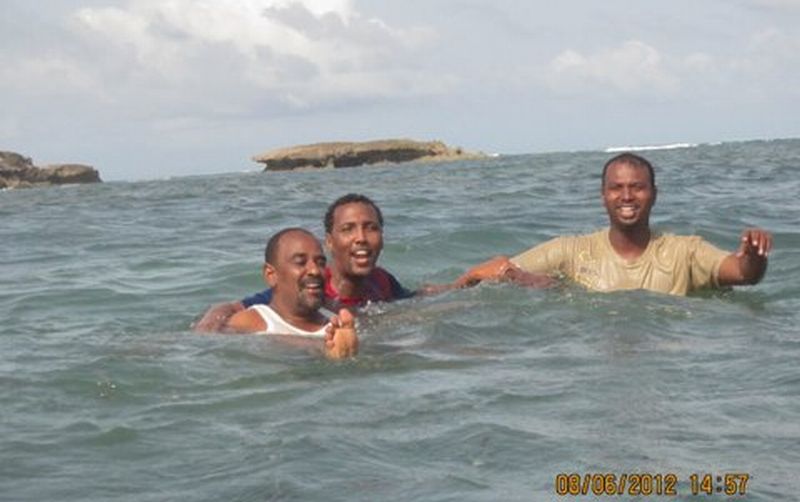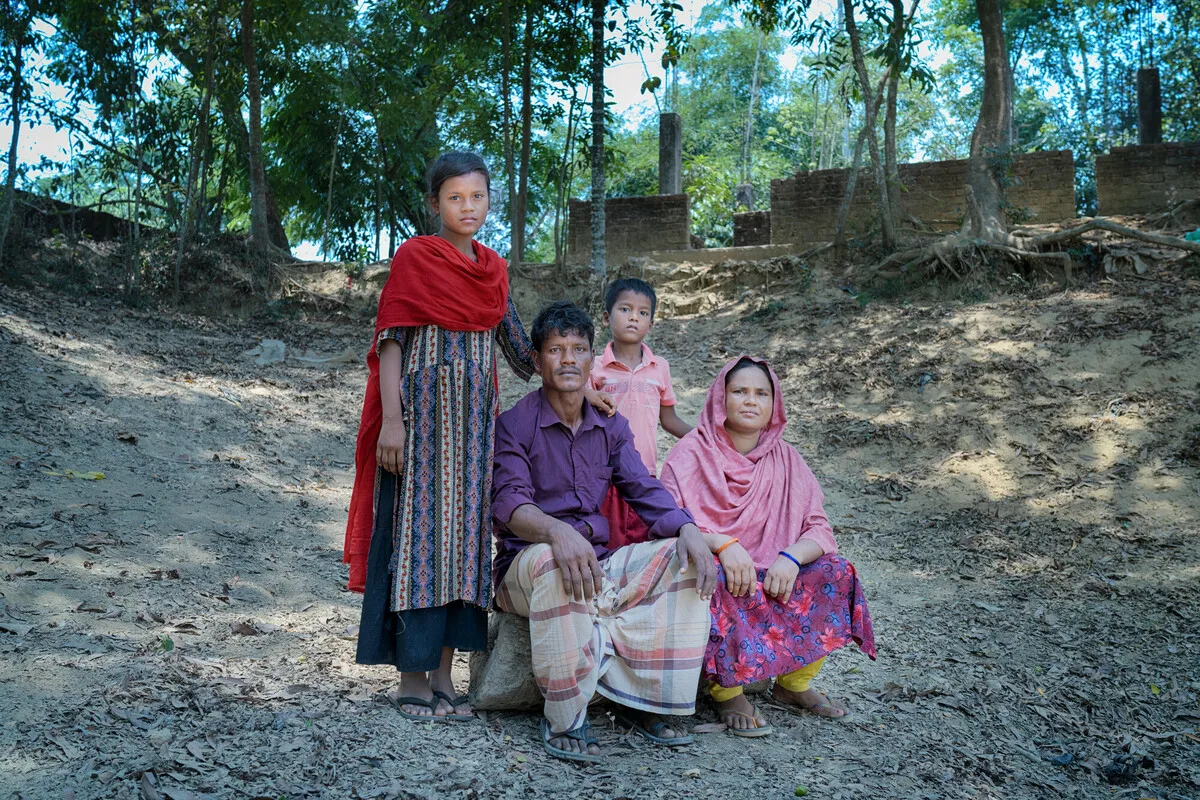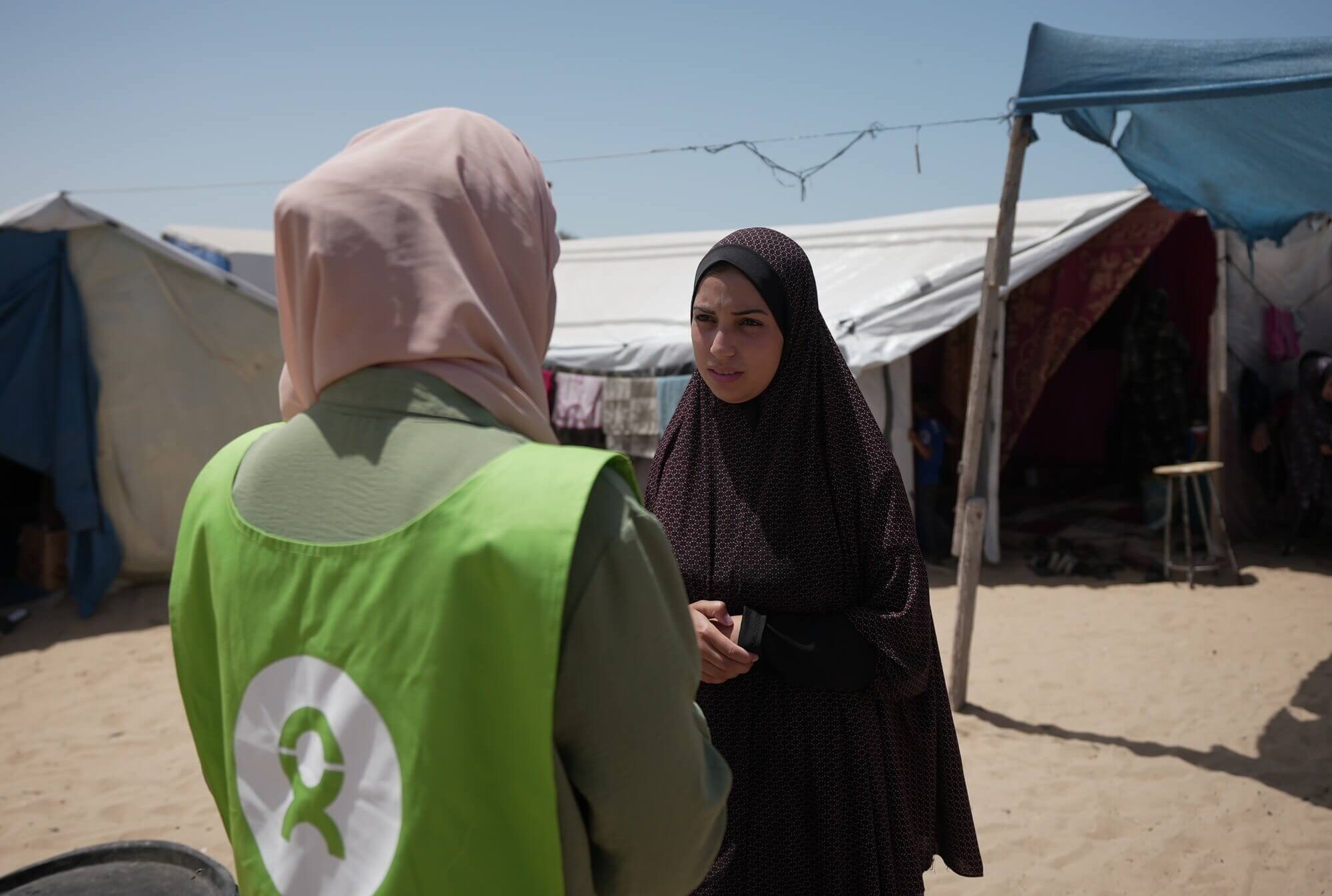By Mohamed Dahir, head of Oxfam partner in Somalia, HIRJA
Last Friday I did something I’ve never done before in Mogadishu. I went to the beach and swam in the warm waters of the Indian Ocean.
It was a warm, sunny day and in a normal city this would not be unusual. But Mogadishu has not been a normal city for a long time, and previously even something as simple as going swimming has been impossible.
Even just a few months ago it would have been far too dangerous.
I went with some friends and colleagues, and we were not alone. After the midday prayers we drove along the coast on a worn-out tarmac road and joined hundreds of other people on the sandy beach. There were men and women, young and old – lots of different people trying to enjoy their day off work.
Free to do what they like, people swam in the ocean and sunbathed. After swimming, people sat by the shore and looked out at the ocean while sharing a shisha pipe. A new hotel provides lunch and refreshments, and there was even a group of five white tourists – accompanied by security guards – who joined others in the water. You can buy beautiful sea shells as souvenirs to take home.
It was so exciting to see that parts of Mogadishu are becoming relatively peaceful and people can experience something close to a normal life. For the first time we saw shops and restaurants staying open without fear until 9pm. It is so good to see hope in Mogadishu rather than the endless stream of bad news.
Of course the bad news is still there and things are still far from peaceful. To get to the beach we passed through three different checkpoints and a number of military bases. While this pocket of Mogadishu by the coast starts to flourish, other parts of the city remain extremely dangerous and there are still many guns and militia, and occasional mortar attacks and suicide bombs. Even at the beach you still have to take care – people never know what will happen!
The reminders of the famine are never far away. Not far from the beach is one of the many camps sheltering thousands of people who had to flee to Mogadishu. Most of the fighting has now moved outside the city but the root causes of the conflict are still unresolved. Over 2 million people are still in need of aid – the famine will take a long time to recover from, and the Somali people need a lot of support.
Things remain very fragile but at least people in the capital are enjoying a taste of normal life that people all over the world enjoy. But we must be careful to remember that there is still a long way to go yet for Somalia and its people.
Find out more
Almost a year since the East Africa food crisis came to international attention, read how the region is faring and what Oxfam is doing there



